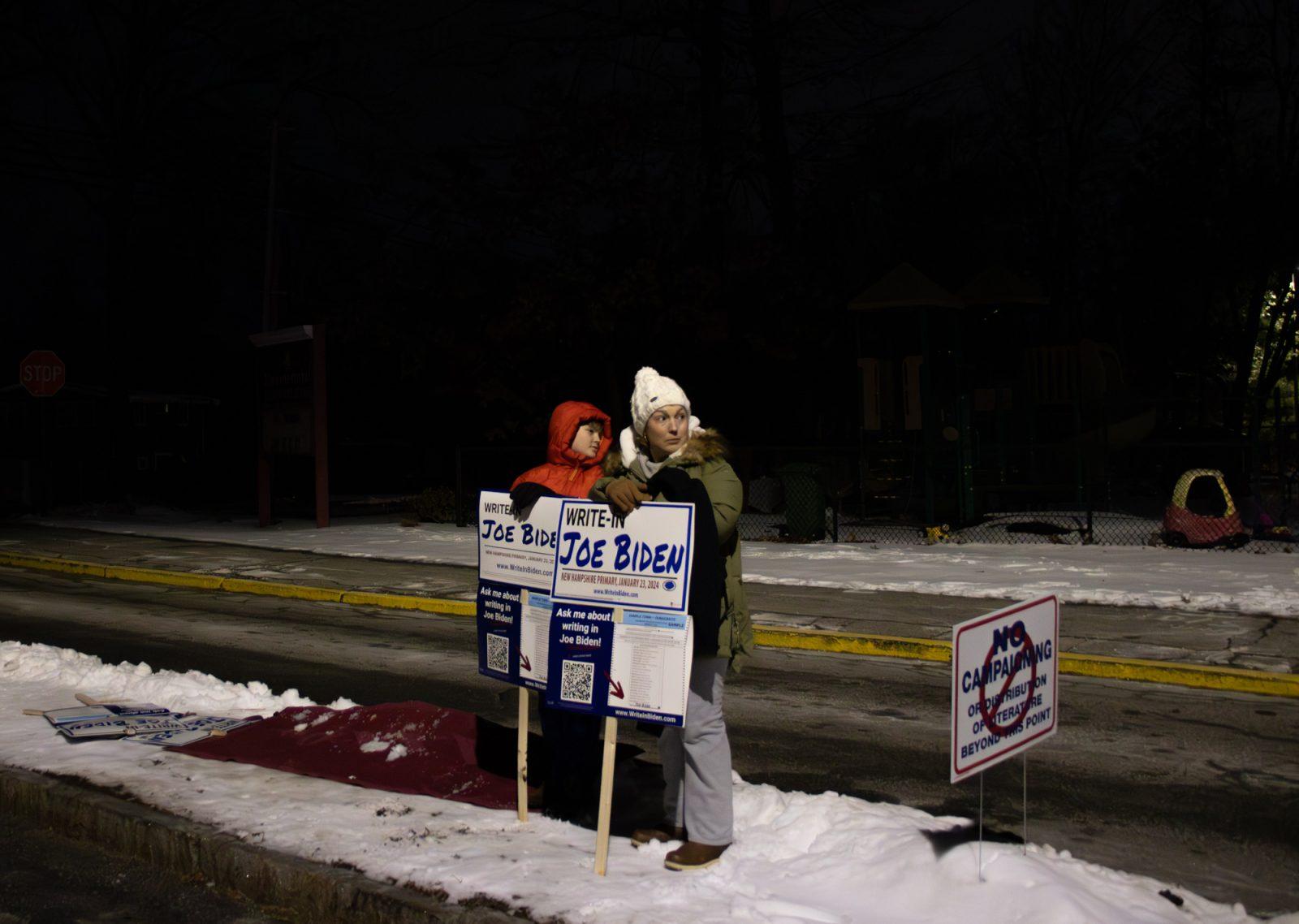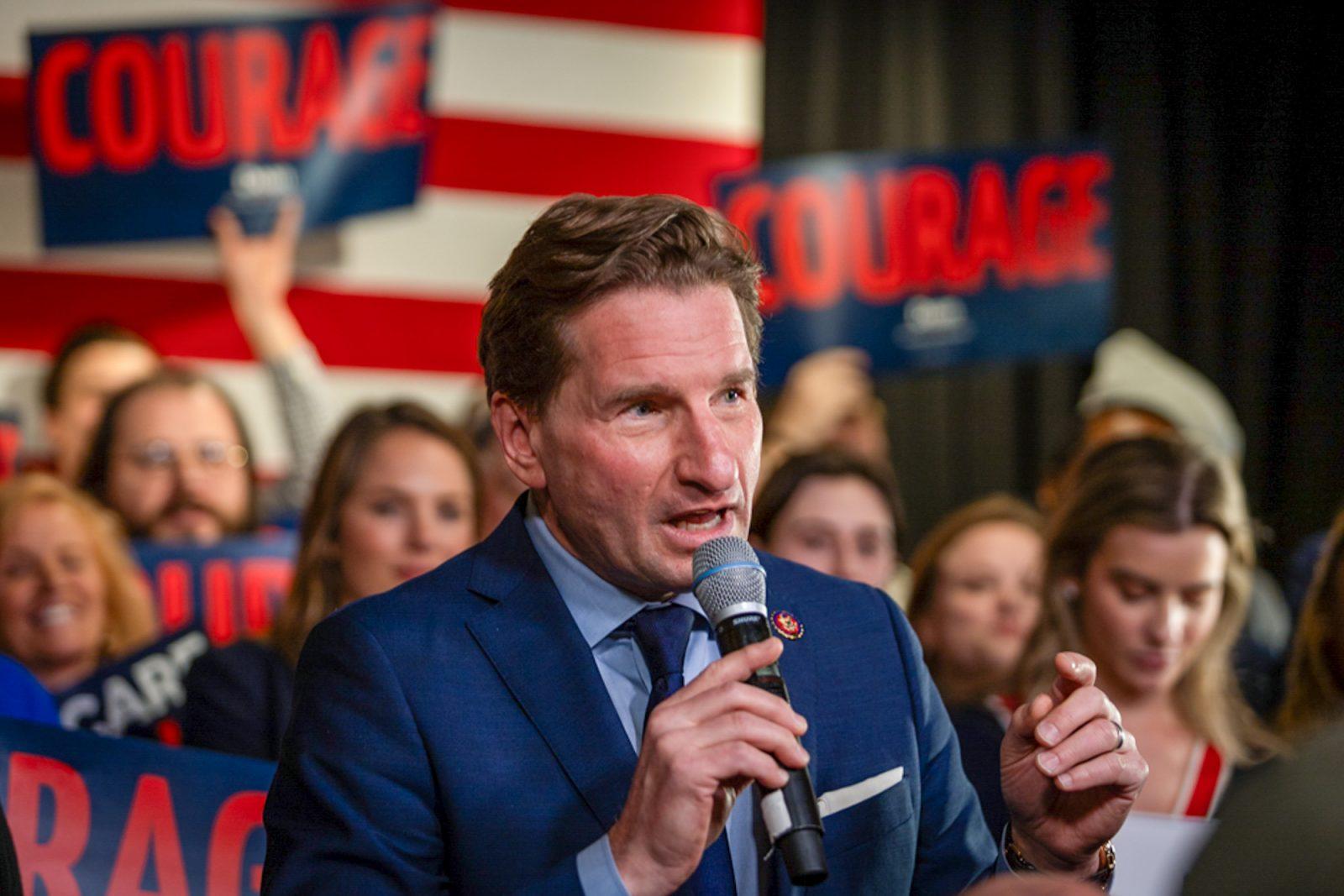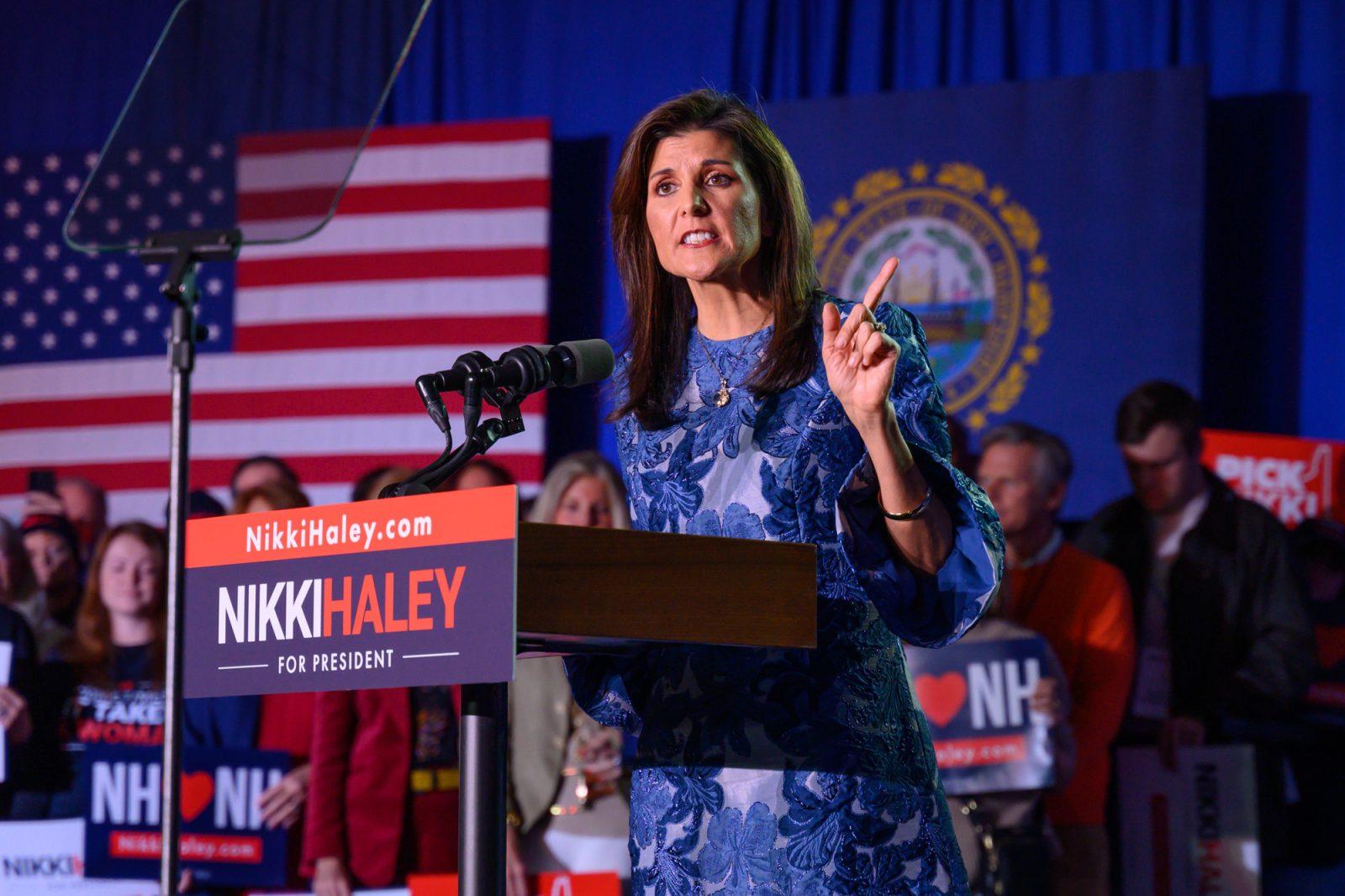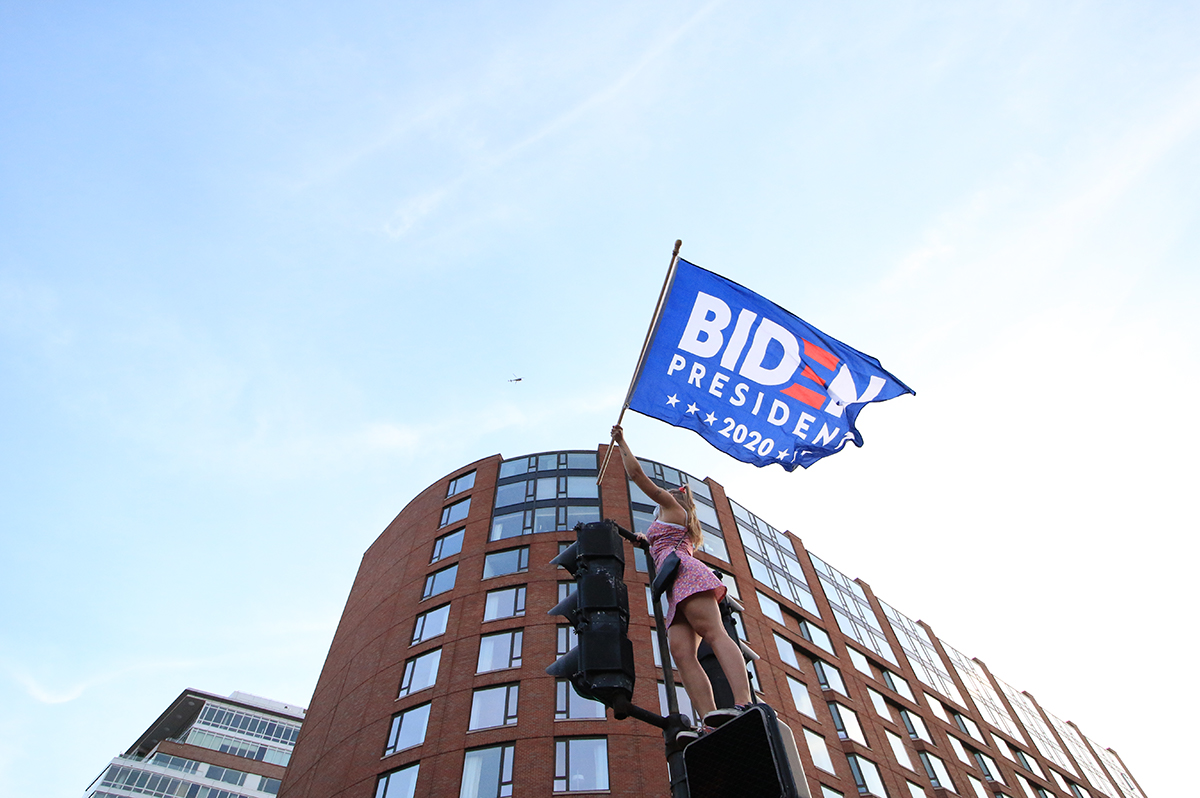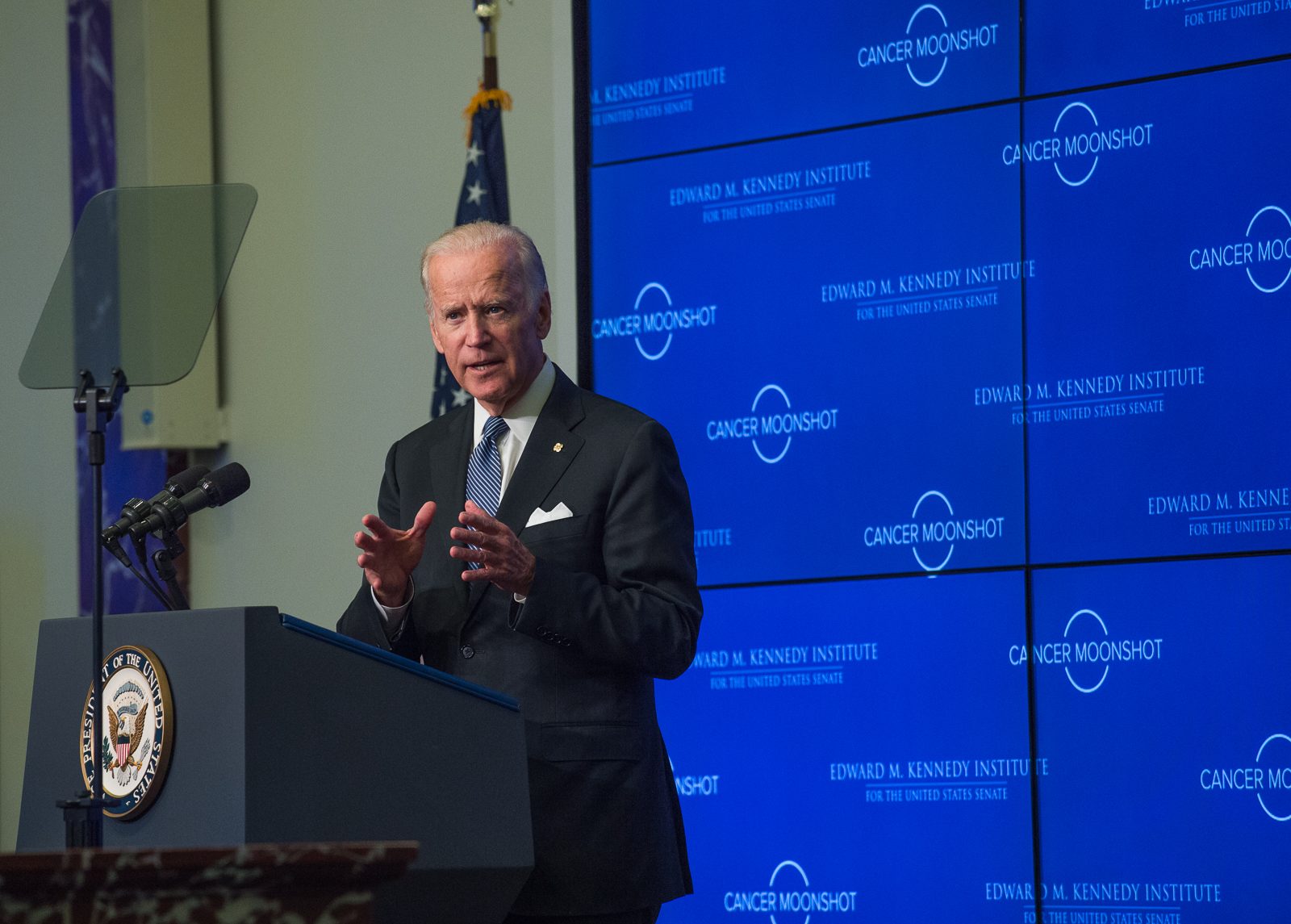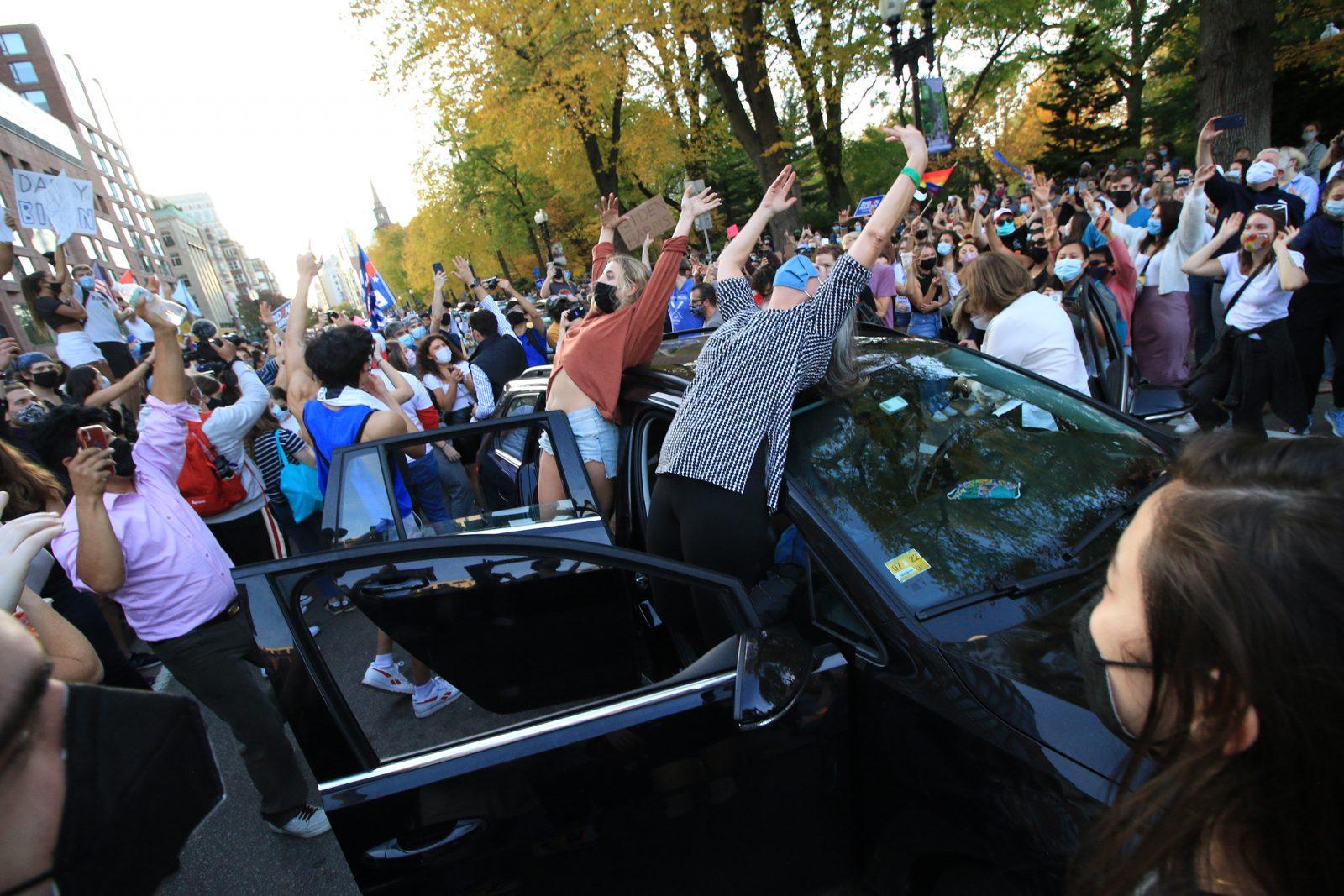Incumbent Sen. Ed Markey faced off against Rep. Joe Kennedy III in their first televised primary debate Tuesday evening in the race for the U.S. Senate. Both candidates are competing for the Massachusetts seat.
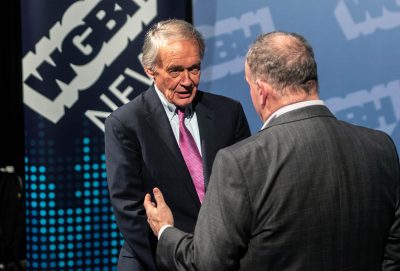
Markey and Kennedy sparred over American involvement in the Middle East, as well as dark money campaign contributions.
Kennedy went after Markey during the debate for taking money from BlackRock, an investor in natural gas. Markey, in turn, raised questions about Kennedy’s $2 million worth of investments in fossil fuel stock.
Kennedy said Markey ignored repeated attempts in 2013 and 2014 to sign a pledge against taking dark money, which compromises his progressive values.
“Massachusetts set the standard for keeping dark money out,” Kennedy said. “Dark money is dark money. When you open the door to this you open the door to a landslide coming in to destroy the electoral framework.”
Markey defended himself by backing his voting record on the environment, including a bill to block natural gas compressor stations that would siphon gas abroad to other countries. Markey also referenced his statement against the construction of a Weymouth compressor station in November.
“I vote my convictions,” Markey said. “And from my perspective, I’ve taken on that company.”
Markey has been hailed as a “lead champion” of the Green New Deal by environmental groups such as the Sunrise Movement, while Kennedy has been accused of putting his political ambitions first over the good of the country.
Kennedy told The Daily Free Press that although that legislation is important, there are important dynamics at play as for getting it passed.
“Senate Republican leader Mitch McConnell doesn’t care how good a will is that you write,” Kennedy said. “He’s not going to pass it. This is, at its core, about access to political power.”
Kennedy said that because Massachusetts is not a swing state, legislators representing it should not over-focus on toeing the partisan balance.
“What comes with that is an extraordinary opportunity and responsibility to do everything that you can to advance this cause,” Kennedy said. “And I think I can do more.”
Markey told The Daily Free Press he is trying his best to ensure young people will participate in this Senate election. He did not answer when asked why Kennedy would run against someone with his track record.
“They know I’m the leader that took on the Green New Deal,” Markey said, “and with Rep. Alexandria Ocasio-Cortez, changed the whole debate in this country.”
During the debate, Kennedy criticized Markey for his vote in favor of the Iraq and Afghan Wars while arguing for total withdrawal from the Middle East. Markey said he was lied to by President George W. Bush and his staff, and that total withdrawal from the region would cripple Afghanistan.
“We could jeopardize, once again, the lives of 50 percent of a population that could lead into medieval conditions,” Markey said.
Kennedy said Markey did not have a substantial critique to the vote on whether to intervene in Syria during the Syrian Civil War. Markey voted “present,” a fact that was brought up by the moderators of the debate.
“Roughly 10 years after the vote for the Iraq War, the senator voted present,” Kennedy said. “I think that record speaks for itself.”
Markey said that he voted “present” in protest over the lack of information surrounding intervention in Syria.
“When I understood the consequences, I announced I was going to vote no,” Markey said. “I made sure that I was not going to be put in a position where there would be a rush to judgment.”
The candidates also discussed the cost of living in Boston in the context of Boston being named by the Boston Globe’s Spotlight team as the least welcoming toward black individuals out of eight major cities. Markey and Kennedy agreed on potential rent control measures, while Markey said that reparations for African Americans need to be discussed.
Kennedy said Boston also must tackle economic issues such as health care and child care to help minorities and Bostonians in general.
“It costs more to raise a child from birth to five [years old],” Kennedy said, “than to send that kid to college in Boston.”
Kennedy and Markey also gave answers as to whether they would eliminate private insurance in the event of Medicare For All’s implementation. Each candidate answered only when asked follow-up questions by the debate moderators.
Markey said he would eliminate private insurance over a longer period of time.
“We have to do it in a way that causes the least destruction,” Markey said. “We have to move in that direction.”
Kennedy said he would outright eliminate private insurance, after being asked to clarify multiple times by the moderator.
“I think we need to make sure we would provide access to care that we need,” Kennedy said. “I think we can try to do that without access to private insurance.”
Both Kennedy and Markey also avoided the question of what they would trade in the Senate for the continuation of the Deferred Action for Childhood Arrivals program, which protects young undocumented immigrants from deportation.
Each said they would trade President Donald Trump for a leader more willing to pass the bill. The DACA case is currently in the hands of the Supreme Court.
“You cannot negotiate with a ghost,” Kennedy said. “Everytime we engage in those conversations, President Trump changes every time.”
Among the attendees at the event was Ramon Trinidad, a 35-year-old teacher at Brighton High School. Trinidad said his class was invited to the debate by WGBH, and that his students could learn from the techniques the candidates used on stage to discuss political issues.
“You got to look at debate strategy and see what the candidates do,” Trinidad said. “And how what they’re learning in debate is used is something that’s very important.”
Trinidad said it’s important for his students to witness political debates, as well as for this generation of young people to vote in upcoming elections.
“It’s important for them to come and see a professional environment, and to see what it looks like, so that they can say ‘Okay, I can do this,’” Trinidad said. “Everybody has a voice, and they show it through their vote, so we get to hear what they think about the direction the country should take.”
NOTE: Vigunthaan Tharmarajah, chairman of the Board of Directors of Back Bay Publishing Co. that oversees the operations of The Daily Free Press, is involved with the Joe Kennedy for Massachusetts campaign. He was not involved in the reporting or editing of this story.



















































































































